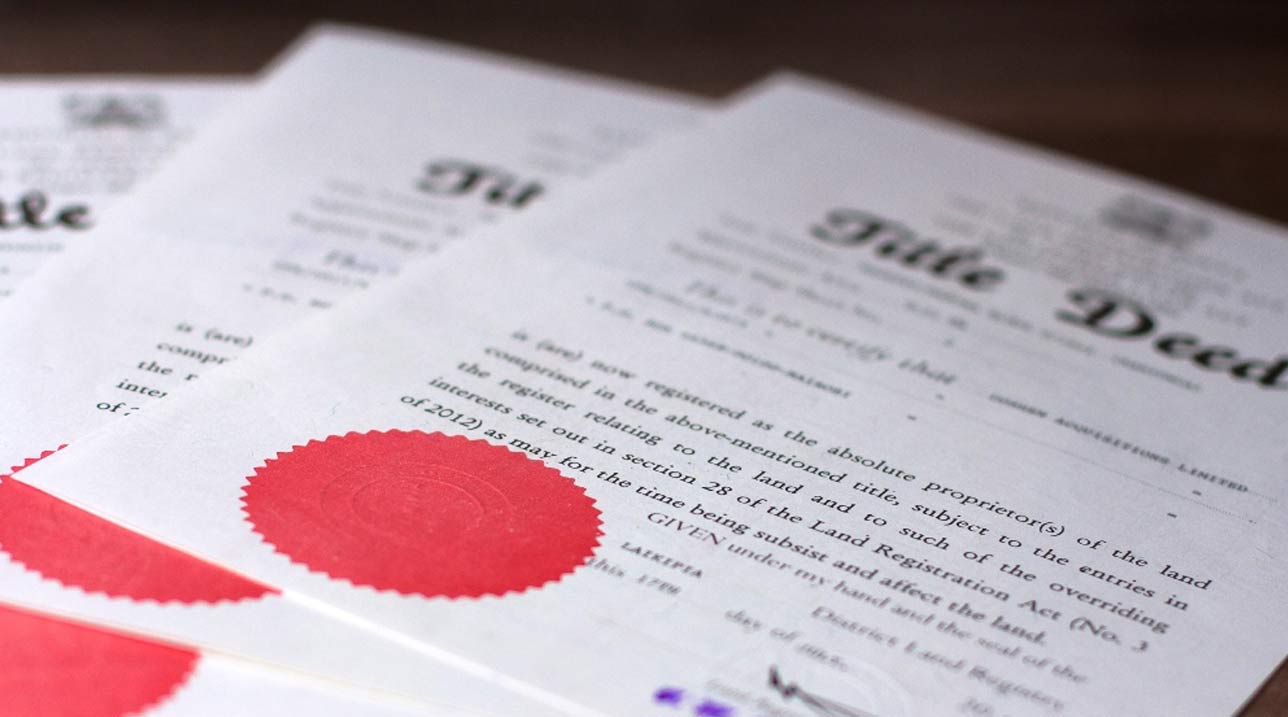Another issue that was brought up before the Court of Appeal in the recent case of Kasera & Another vs. Richard [2022] KECA 1025 (KLR) was the question of whether the Land Registration Act, 2012 (the “LRA”) could be applied retroactively.
The appellants claimed that they purchased the suit property from the respondent’s brother, David, and her nephew, Evans, on 17 November 2016, and that David, as the surviving proprietor, became the sole owner of the suit property upon the death of Jamin, who was registered alongside David as co-owner of the property on 5 May 1988. Evans was acting as the administrator for the estate of Jamin in the sale.
The contested High Court decision, which seemingly relied on the provisions of the LRA, was that David and Jamin were proprietors in common and that there was no administrator for the estate of Jamin by the time the appellants purported to buy the property.
The appellants appealed this decision, claiming that the suit property was owned jointly by David and Jamin, and relied on section 102 (a) and (b) of the Registered Land Act, Cap 300 Laws of Kenya (now repealed) (the “RLA”) as well as the decision of the High Court in re Estate of Dorica Lumire Mapesa (Deceased) [2018] eKLR.
The Court of Appeal found that the evidence on record showed that David and Jamin were registered as absolute proprietors of the suit property under the repealed RLA on 5 May 1988 and that there was no indication in the register of their respective shares of the suit property.
It then considered whether the LRA applies retroactively and concluded that since Jamin, being one of the joint proprietors, had died before the LRA came into effect, the LRA could not apply in the appeal and therefore Jamin’s share vested in David as the surviving joint proprietor. The Court of Appeal emphasized that the LRA could not be applied retroactively to interfere with David’s vested legal right.
In conclusion
This decision highlights the principle that laws will not be given retroactive effect if they are likely to affect or interfere with crystallized or vested legal rights. This is embodied in Section 23(3) of the Interpretation and General Provisions Act, Cap 2 Laws of Kenya which provides that if a written law completely or partially repeals another written law, the repeal shall not, unless a contrary intention appears: revive anything not in force or existing at the time the repeal takes effect; affect the previous operation of a written law so repealed; or affect anything duly done or suffered under a written law so repealed; affect a right, privilege, obligation, or liability acquired, accrued, or incurred under a written law so repealed.





